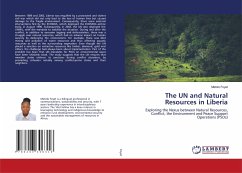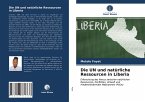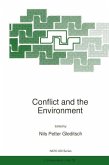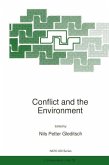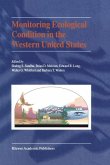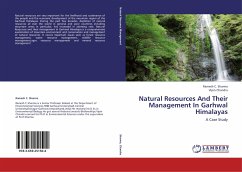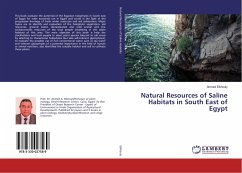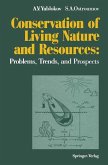Between 1989 and 2003, Liberia was engulfed by a protracted and violent civil war which did not only lead to the loss of human lives but caused damage to the fragile environment. Consequently, there were external interventions first by the ECOWAS, which deployed the ECOMOG ad-hoc body, in August 1990. Subsequently, in 2003, the UN also deployed the UNMIL, with the mandate to stabilize the situation. During and after the conflict, in addition to excessive logging and deforestation, there was a struggle over natural resources, which had an adverse impact on human security by destroying the environment. For example, there was illicit mining and pollution of water resources and thus affecting aquatic resources as well as the surrounding vegetation. Even though the UN placed a sanction on extractive resources like timber, diamond, gold and others, the challenge had always been about implementation. Part of the problem has been that UN mandates for PSOs on environmental issues have been relatively weak. The study suggests that the UN ensures that member states enforce its sanctions during conflict situations, by promoting cohesion notably among conflict-prone states and their neighbors.

